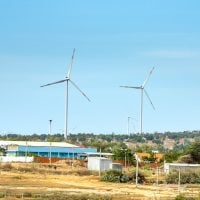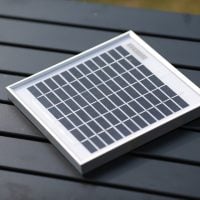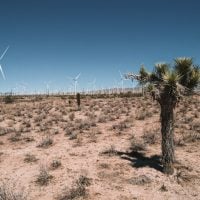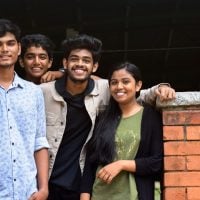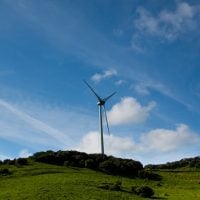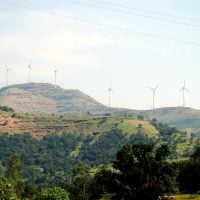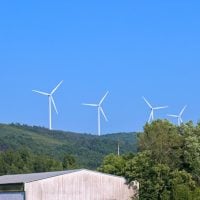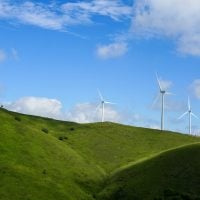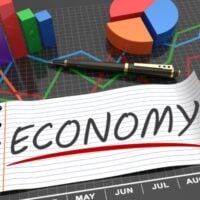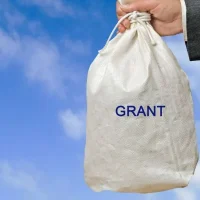Deadline: 22-Jun-23
The U.S. Department of State, Bureau of Democracy, Human Rights, and Labor (DRL) announces two open competitions for organizations interested in promoting a just transition for workers as economies shift toward clean energy and sustainable production.
Two projects will be awarded – one for Southeast Asia and one for South Asia.
- Supporting Freedom of Expression in Just Transition for Workers in Southeast Asia.
- Programs may include up to two countries in Southeast Asia, with the exclusion of Vietnam. Programs should aim to achieve the following objectives:
- Networks of workers and climate advocates conduct unified messaging and advocacy on effects of climate change on the work and livelihoods of workers, and the necessary social protections and skills transfer required to transition to clean energy work opportunities, and
- Workers exercise freedom of association to collectively promote worker rights and protections, such as insurance and social security, in climate affected industries and new tech sectors, to promote a just transition to sustainable economies.
- Supporting a Just Transition for Workers in South Asia.
- Programs should aim to achieve the following objectives:
- Networks of workers and climate advocates conduct unified messaging and advocacy on the effects of climate change on their work and livelihoods;
- Workers learn and use new skills to apply for and enter jobs in climate sustainable and green tech sectors, both urban and rural, and
- Workers, particularly women, migrant and informal sector workers, organize and advocate for labor rights in new green tech and climate sustainable jobs and social protections such as insurance and social security through the transition to sustainable economies.
- Where appropriate, competitive proposals may include:
- Opportunities for beneficiaries to apply their new knowledge and skills in practical efforts;
- Solicitation of feedback and suggestions from beneficiaries when developing activities in order to strengthen the sustainability of programs and participant ownership of project outcomes;
- Input from participants on sustainability plans and systematic review of the plans throughout the life of the project, with adjustments made as necessary;
- Inclusion of vulnerable populations;
- Joint identification and definition of key concepts with relevant stakeholders and stakeholder input into project activities;
- Systematic follow up with beneficiaries at specific intervals after the completion of activities to track how beneficiaries are retaining new knowledge as well as applying their new skills.
Funding Information
- Total Funding Ceiling:
- Southeast Asia Program: $750,000
- South Asia Program: $1,000,000
- Period of Performance: 18-36 months
Eligibility Criteria
- DRL welcomes applications from U.S.-based and foreign-based non-profit organizations/nongovernmental organizations (NGO) and public international organizations; private, public, or state institutions of higher education; and for-profit organizations or businesses. DRL’s preference is to work with non-profit entities; however, there may be some occasions when a for-profit entity is best suited.
- Applications submitted by for-profit entities may be subject to additional review following the panel selection process. Additionally, the Department of State prohibits profit to for-profit or commercial organizations under its assistance awards. Profit is defined as any amount in excess of allowable direct and indirect costs. The allowability of costs incurred by commercial organizations is determined in accordance with the provisions of the Federal Acquisition Regulation (FAR) at 48 CFR 30, Cost Accounting Standards Administration, and 48 CFR 31 Contract Cost Principles and Procedures.
Ineligible
- Activities that are not typically allowed include, but are not limited to:
- The provision of humanitarian assistance;
- English language instruction;
- Development of high-tech computer or communications software and/or hardware;
- Purely academic exchanges or fellowships;
- External exchanges or fellowships lasting longer than six months;
- Off-shore activities that are not clearly linked to in-country initiatives and impact or are not necessary per security concerns;
- Theoretical explorations of human rights or democracy issues, including projects aimed primarily at research and evaluation that do not incorporate training or capacity-building for local civil society;
- Micro-loans or similar small business development initiatives;
- Initiatives directed towards a diaspora community rather than current residents of targeted countries.
For more information, visit DRL Enabling Workers’ Rights through a Just Transition.

